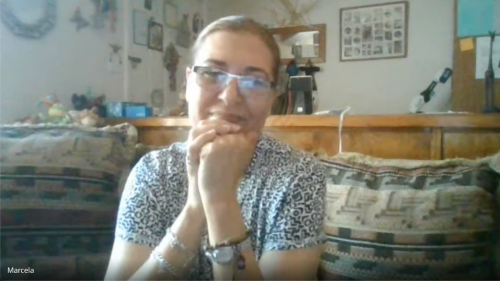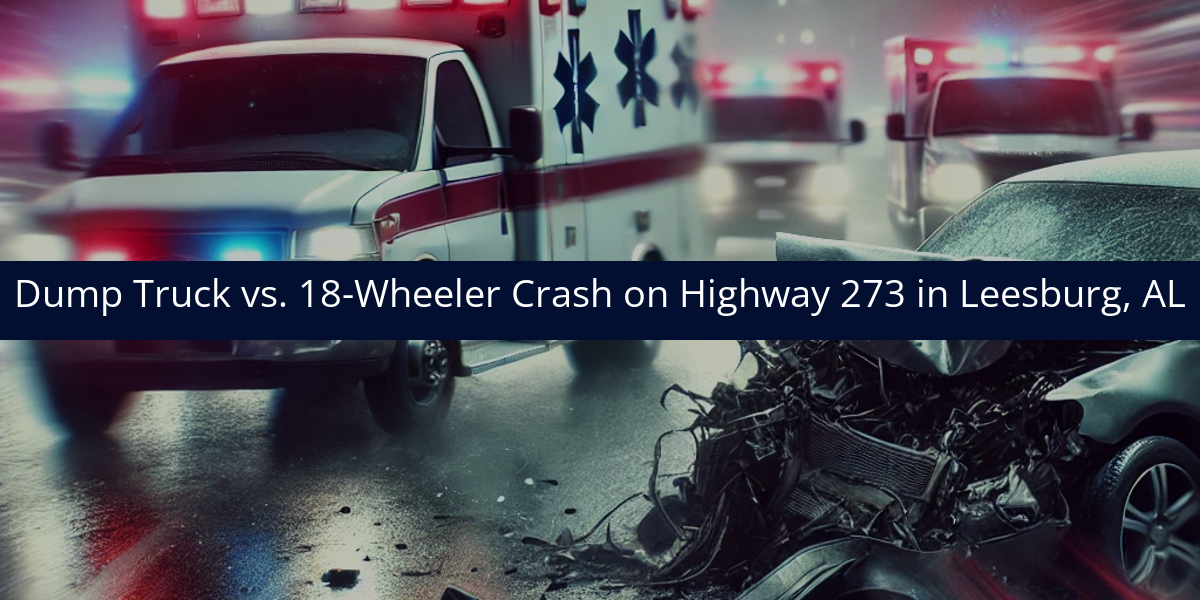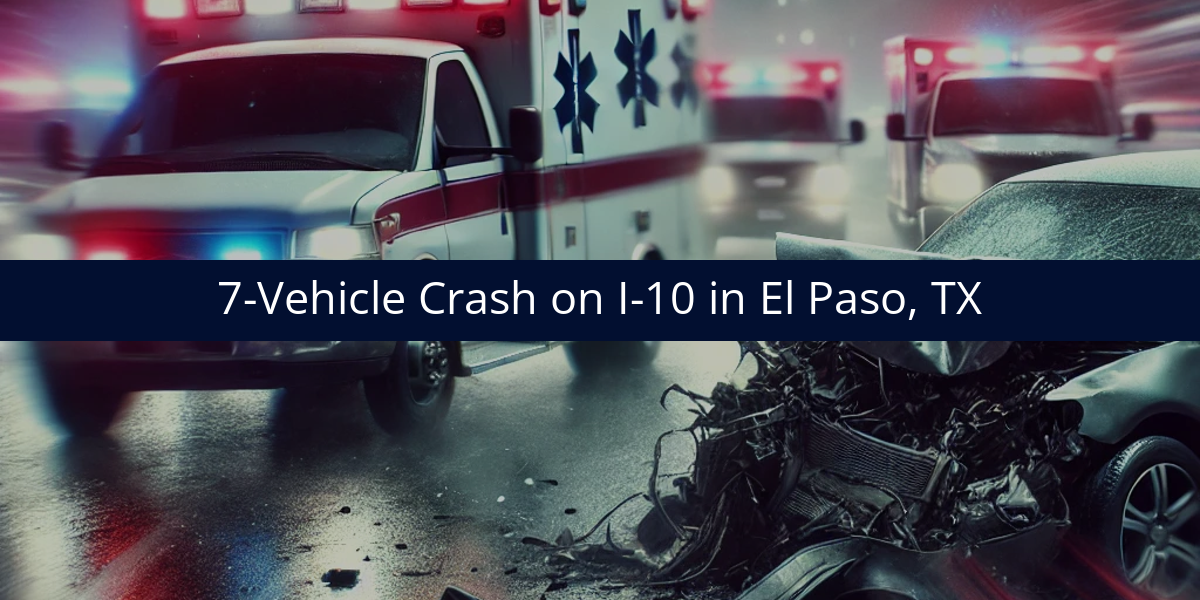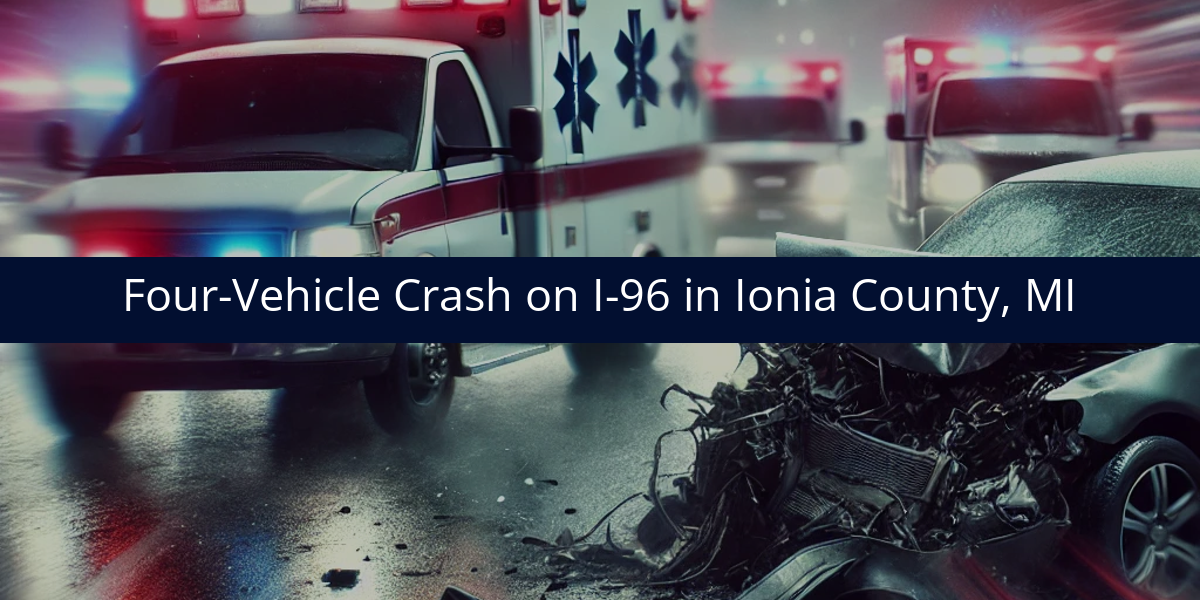Liability for train accidents on private rail crossings:
When we think of railroad crossings, we usually think of intersections between a road or a highway (maintained by the city, state or federal government) and the train tracks. These crossings are usually marked with signs, lights, bells and many times employ crossing arms to block traffic.
But not all rail crossings work this way. There are many private rail crossings, all across the country, and many of them are lacking in the safety features that public crossings possess.
In this article, explain how litigating a railroad crossing accident on private land differs from an accident on a public road.
Questions answered in this article:
- Where are private land railroad crossings?
- What laws govern railroad crossings on public land?
- What effect does the location of the railroad crossing have on my case?
- When should I hire a train accident attorney?
Privately owned railroad crossings:
A private crossing is one where the road leading up to the crossing is owned by an individual or company. Some of these crossings have no warning devices at all. It may seem that private crossings are rare, but as of writing this article there are 100,671 private rail crossings in the United States. Examples of these types of crossings include crossings on a farm or in an industrial area. They can also be created temporarily by a construction project that redirects traffic on the private road.
Most accidents that occur at a railroad crossing occur at public crossings, this is mostly due to the amount of traffic that flows through them. Public railroad crossings are highly regulated, and you will often see the crossing arms, bells and whistles. There are few regulations at private crossings, and there may not be any signage or traffic control devices.
What the law says about private railroad crossings:
The federal government does not regulate private railroad crossings, and in most states, including, Texas, there are no state laws governing private rail crossings. Usually, there is an agreement between the landowner and the railroad company which will outline the responsibility of each side in maintaining the property at the crossing. Most often it will be the landowner's responsibility to maintain the crossing in a safe manner.
Some of the agreements require that an insurance policy known as a Railroad Protective Liability policy (RRPL). The RRPL is basically designed to protect the railroad companies against large liability lawsuits caused by accidents at these private crossings. In practical terms, if a RRPL is in place, it can be a source for recovery in an accident case at a private rail crossing.
Not all private crossings, however, have an effective RRPL policy. As we mentioned earlier, some crossings are only temporarily in use for construction purposes. If the project has been long ended, but the crossing is still in use, the RRPL may have only covered the crossing during the term of the construction.
Other liability issues can arise because, while often there is an agreement between the landowner and the railroad, that is not always the case. Sometimes it is difficult to even know who owns the particular piece of land where the crossing is located.
Our Texas train accident attorneys are here to help.
When dealing with a train accident that occurs at a private crossing, you must be aware of all the liability issues that can arise in your claim. You must hire an attorney that can research the plats and determine who exactly is the owner of the property at the crossing. Your lawyer needs to investigate the scene, interview the people in the neighborhood near the crossing, find out if there is an agreement between the landowner and the railroad (and if so, determine who is responsible for the maintenance of the crossing), and determine if an effective RRPL is in place.
There are some complex issues regarding train accidents. Many attorneys do not understand the importance of quickly and properly investigating the scene of a train accident. The attorneys at Grossman Law Offices have extensive experience in these cases. If you need any help with your train accident case, call us toll free at 1-855-326-0000.
Related Articles For Further Reading:
- Preserving Evidence after a Train Accident
- What Obstacles Do Self-Insured Railroads Pose to Recovering Your Losses?
- How Liability Works for Accidents at Public Railroad Crossings













